Minority rights and derivative actions under Cyprus company law.
Minority rights and derivative actions under Cyprus company law.
It is a general principle of company law that an individual shareholder cannot sue for wrongs done to a company or complain of any internal irregularities.
This principle is widely known as the rule in Foss v Harbottle.
The rule in Foss v Harbottle
In Foss v Harbottle (1842), two shareholders commenced legal action against the promoters and directors of the company alleging that they had misapplied the company assets and had improperly mortgaged the company property. The Court rejected the two shareholders’ claim and held that a breach of duty by the directors of the company was a wrong done to the company for which it alone could sue.
This established the proper plaintiff rule which is simply means that if a harm is done to the company, the proper person to sue for remedy is the company itself.
This rule is derived from two general legal principles of company law.
Firstly, a company is a legal entity separate from its shareholders.
Secondly, the Court will not interfere with the internal management of companies acting within their powers. Where an ordinary majority of members can ratify the act, the Court will not interfere. This simply means, if the majority can ratify an act, the minority cannot sue.
However, there are four exceptions to the rule in Foss v Harbottle, namely :-
1. ultra vires or illegal acts;
2. transactions requiring special majorities;
3. personal rights; and
4. the “fraud on the minority” exception.
The most commonly discussed and utilised in courts is the last exception i.e. fraud on the minority.
The fraud on the minority
Under this exception, a minority shareholder can bring an action on behalf of the company, where he can show :
- the wrong constitutes a “fraud against the minority”; and
- the “wrongdoers are in control of the company” and will not allow the company to sue.
Fraud against the minority
The Court has interpreted the term “fraud” loosely to include fraud in a strict sense as well as a breach of duty which results in conferring some benefit on the directors or third parties.
It has been held that gross negligence may also amount to fraud against the minority. The Court will allow a derivative claim where the wrongdoers have benefited personally from their self-serving negligence.
Typical examples include, diverting business from the company to themselves in breach of fiduciary duty, causing the company to sell assets to themselves at an undervalue, or selling worthless assets to the company.
Wrongdoers are in control of the company
Control of a majority of the voting shares was believed to be necessary to bring a derivative action. However, the Supreme Court of Cyprus has accepted and adopted the more flexible concept of de facto control in the case of Pyrillis and others v Koui (2004) 1 CLR 136. In this case there were two shareholders holding 50% each who were also the two directors of the company. One of them exercised de fact control and that was enough to legitimise the other to bring a derivative action.
The proper plaintiff rule.
It is important to understand that when a law suit is filed in the form of a derivative action , the minority shareholder sues on behalf of the company. Thus the remedies sought are for the benefit of or on behalf of the company itself. It is however possible on the same law suit to add personal claims.
Practical uses.
In the vast majority of cases derivative actions are brought my minority shareholders to claim damages on behalf of the company for losses the company incurred as a result of fraud or acts or omissions or negligence by its directors
Another common cause of action is court orders to trace and recover property that was stolen by the persons in control.
